
I’m a couple of days late with this, it took a bit of choosing (and I had to verify selections from a couple of ARCs, too). Here are the lines from August that really stood out to me.
Hell of a Mess by Nick Kolakowski
Don’t worry, sweetie, she’d told him on the way out the door. Anything goes wrong, I got the gun!
What about not killing? he’d retorted— because she was trying to become more Zen, right? Kinder and gentler and all that other crap?
I’ll just shoot them in the kneecap! she said before the door slammed behind her.
His wife had a funny concept of Zen.
The assassin raised a hand. “Sorry, I have this medical condition, it makes me draw the nearest firearm whenever I hear the word ‘Bitcoin.’”
“When did you become an explosives expert?” the assassin asked.
“I saw ‘The Hurt Locker’ at least twice,” Bill said, snipping a wider gap.
Summerland by Michael Chabon
The fundamental truth: a baseball game is nothing but a great slow contraption for getting you to pay attention to the cadence of a summer day.
Composite Creatures by Caroline Hardaker
I was in the waiting area, drinking from a bottle of mineral water when Art first walked in. He wore a forest green velvet jacket and bright mustard trousers, and darted through the clinic’s duck-egg like a greenfinch. The world didn’t dim around him, my heart didn’t skip a beat, but I felt as if I could know him, and could anticipate his nature if only I knew his voice. He sat directly opposite me on a plush red chair, and after a single scan around the waiting room, picked up a copy of National Geographic and started to read. I knew who he was, even if he didn’t immediately know me. Art was at once a mystery and a map.
I purged the kitchen of potted carcasses. Despite them all sitting in a row and sharing the same light, each plant had died in its own discrete way. Most had shrivelled back into a gnarled stump, and others had become mushy, sinking down like a creamy concertina. Aubrey’s succulent had finally given up its last leaf, and the stalk stood obscenely naked, coiling towards the sun like an earthworm. I tossed them all into the composter and left the empty pots by the back door. I’d replace them with artificial plants later…
Plugged by Eoin Colfer
Everyone wants to kill me lately. It’s enough to make a fellow paranoid.
I am not qualified to deal with this. Why does everyone I meet seem to have mental problems?
Ah…but did they have mental problems before meeting you? Who’s the common denominator here, Dan?
I do not have mental problems! I say to the voice in my head, perfectly aware how damning it would sound were I to say it aloud.
The great Stephen King once wrote don’t sweat the small stuff, which I mulled over for long enough to realise that I don’t entirely agree with it. I get what he means: we all have enough major sorrow in our lives without freaking out over the day-today hangnails and such, but sometimes sweating the small stuff helps you make it through the big stuff.
When Sorrows Come by Seanan McGuire
Faerie’s relationship to physics is often casual at best, and sometimes it consists of Faerie promising to call when physics knows it never will.
Congratulations on the occasion of your marriage, and may the blessings piled upon your house be so vast the roof is in danger of collapse before you can get the wedding party to safety.
Grave Reservations by Cherie Priest
If they couldn’t agree on which Sci Fi memes to deploy in conversation, how could they work together long enough to fix anything, solve anything, save anybody?
Out of Spite, Out of Mind by Scott Meyer
Shooting yourself in the foot has the same effect whether you do it to get out of the army or to kill a mosquito on your shoe.”
Case of the Missing Firefly by Chris McDonald
If this were a novel, Adam perhaps might’ve realised that he’d been holding his breath the whole time. As it was, his respiratory system had carried on as normal, collecting oxygen without his explicit command.
The Art of Prophecy by Wesley Chu
She had wanted to refuse the assignment but the terms he offered were too good to pass up: tax exemption for life and not going to jail for refusing her duke. Taishi was not a big fan of taxes or imprisonment.
Taishi had been so busy she kept forgetting to tell Faaru to put out a call for educators. The boy needed to know more than eight ways to throw a punch. She needed to hire teachers: philosophers, mathematicians, politicians … and probably someone to teach him how to dress himself. He would need to be versed in diplomacy, cultures, logistics, art, and etiquette. Half of a leader’s job was to not be an idiot.
The seconds ticked by. Taishi bided her time. In battle, only fools hurried, and they either learned or died learning.
Jian remembered [redacted] death-punching him in the chest, his veins feeling like they were scalding in hot oil. Everything was hazy after that. To be honest, part of him felt he owed his former master an apology: No one ever believed any war artist who claimed to know some form of death punch. Out ofall his masters, only Luda had boasted that knowledge, and the rest had teased him relentlessly about it. Being on the receiving end of a death touch was a pretty awful way to confirm its existence.
Unlike many war artists who had put forth tremendous effort to maintain a stoic expression at all times, Taishi suffered no qualms about vocalizing her feelings, and she preferred those under her to do the same. It was better to show fear than false courage. A soldier who showed fear—in moderation—was an alert and sharp soldier, and more likely to follow orders. Someone who was busy acting brave was preoccupied with the wrong thing.
Haaren leaned over the side and studied the row of vendor stalk “Everything is so cheap.”
“That’s because everyone’s so broke,” said Koteuni, “I’ve never seen so many unemployed soldiers and war artists waiting around in one place.”
“That’s what those dummies get for winning the war,” replied Qisami.
Burandin pointed at a recruiter off to the side enlisting soldiers. The crowd surrounding him looked like piranhas during a feed. “The army’s mustering again.”
Koteuni snorted. “To fight whom? There’s no one left.”
He shrugged. “There’s always someone to fight.”
Down the River Unto the Sea by Walter Mosley
When Aja was a baby I’d watch her sleep, sometimes for an hour or more. Her face changed expressions with whatever dream she was having or with anything shifting in the room or inside her. She made errant noises and reached out now and again.
Sleeping, it seemed to me, was an act of innocence. That’s why I stayed awake after almost murdering [redacted ]. I knew that peaceful slumber was for babies, whereas only nightmares awaited a man like me.
One thing I had learned in high school was that in sports you always had to move in a direction that your opponent did not expect. From Ping-Pong to prizefighting, the man with the unexpected moves was the player most likely to win.
Police work is a kind of intellectual sport, like Go or chess. And sometimes you have to make a move to fool yourself, a move that will keep you from putting yourself in the enemy’s line of fire.
![]()
(Image by DaModernDaVinci from Pixabay)


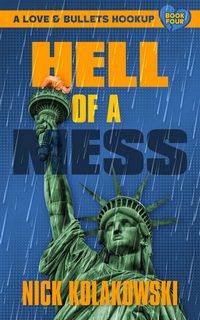

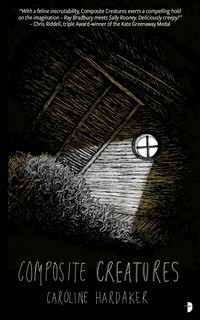
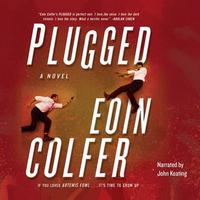

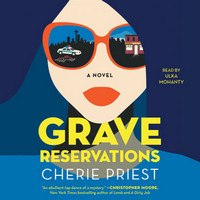
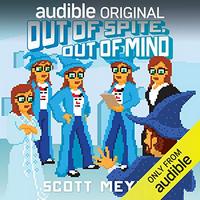
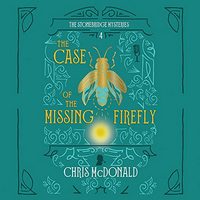
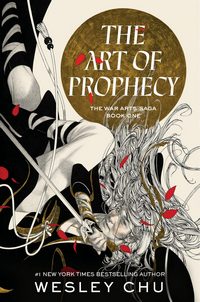
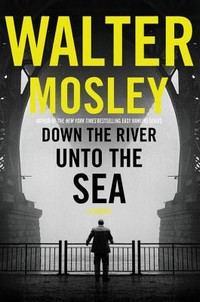

Read Irresponsibly, but please Comment Responsibly